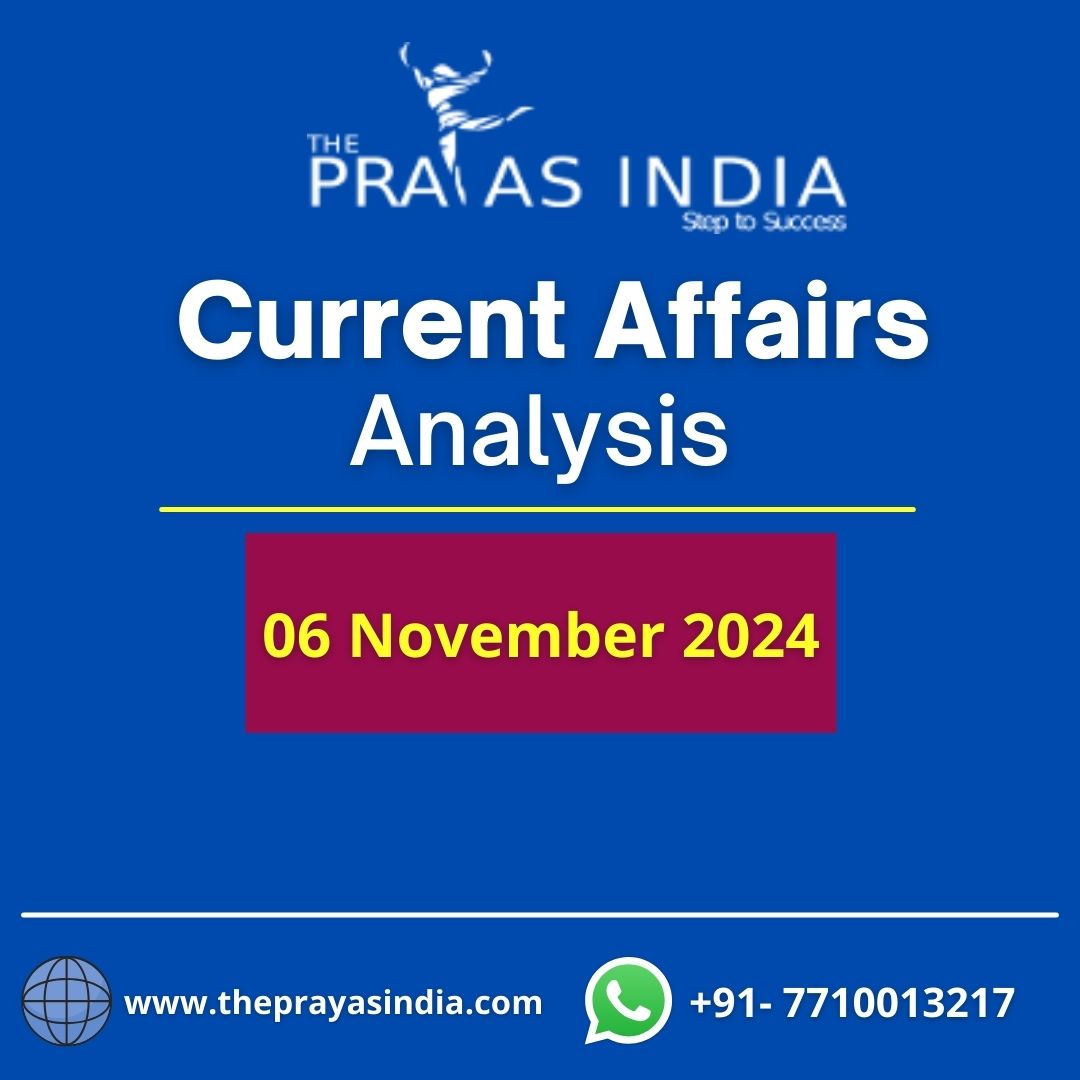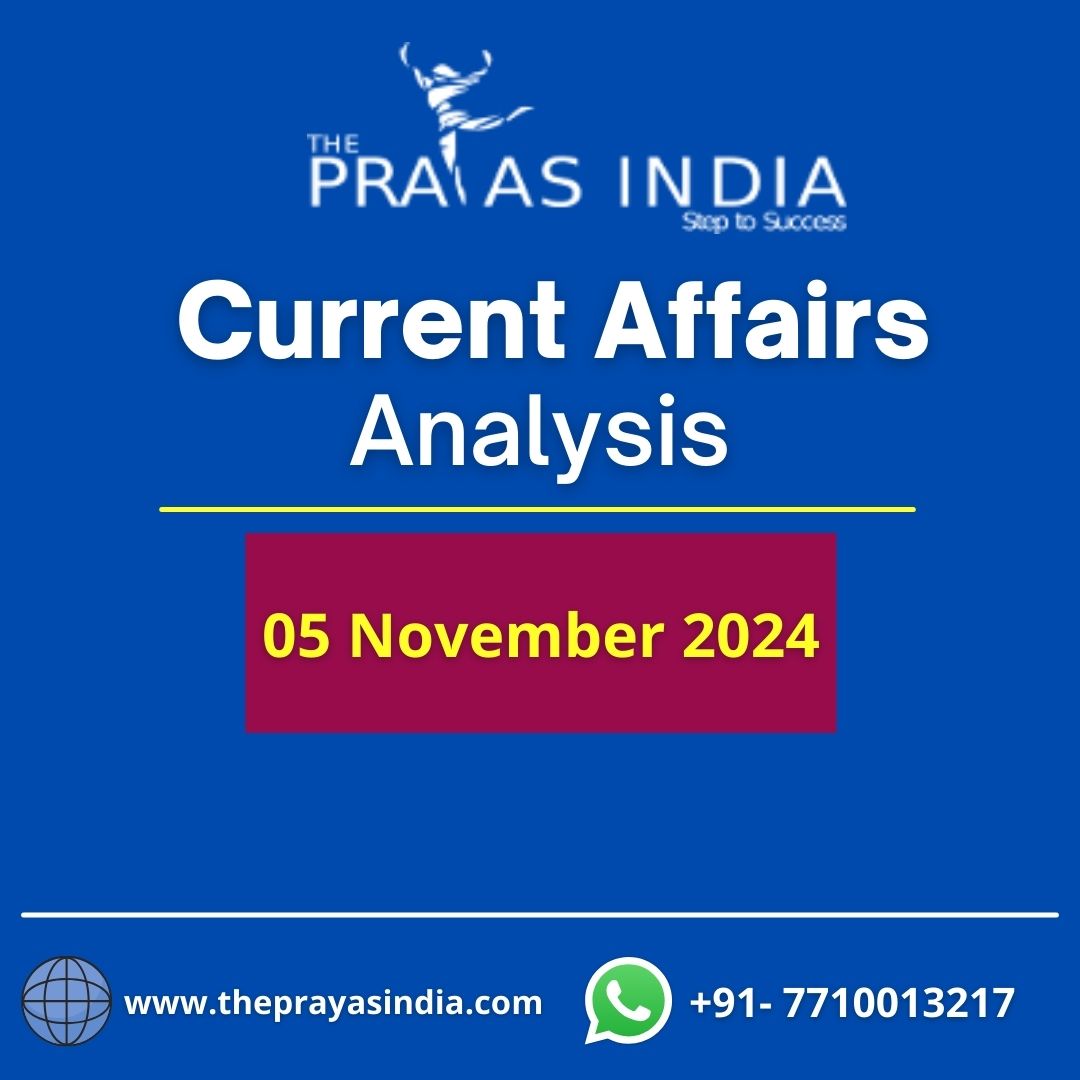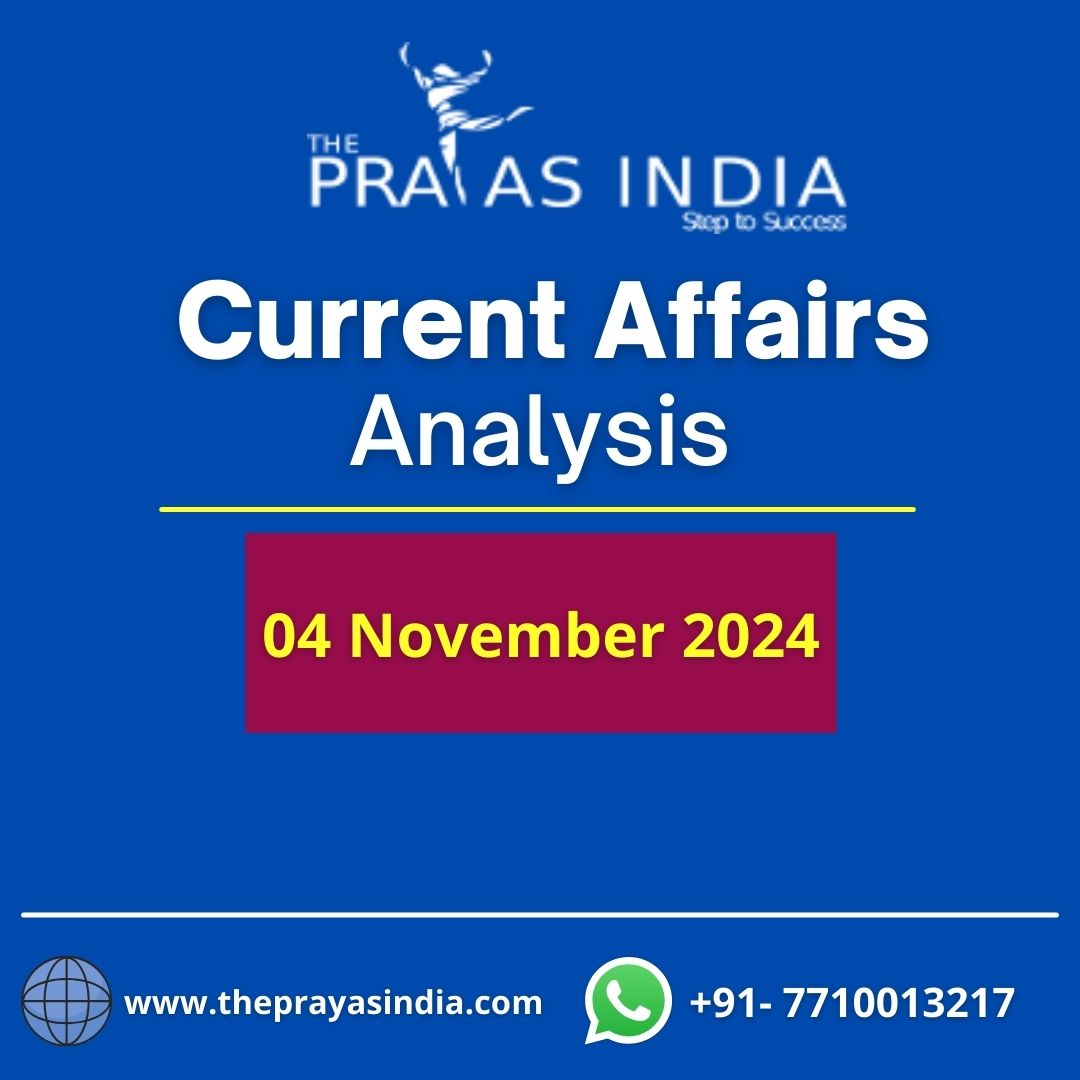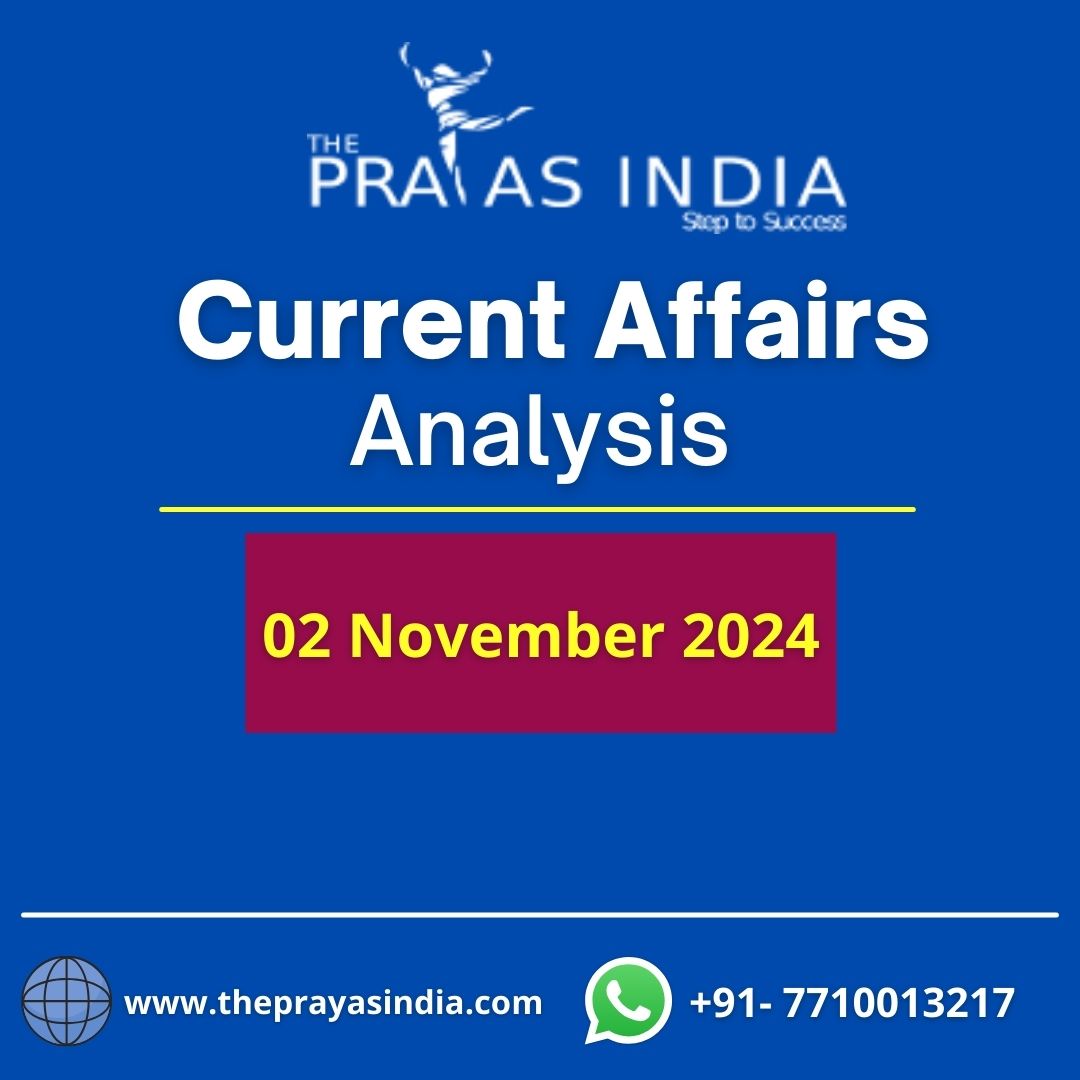DAILY CURRENT AFFAIRS ANALYSIS
| . No. | Topic Name | Prelims/Mains |
| 1. | What is Hate Speech | Prelims & Mains |
| 2. | About the Leader of Opposition | Prelims & Mains |
| 3. | Details of Cheetah Reintroduction in India | Prelims & Mains |
| 4. | Details of the DGCA | Prelims & Mains |
1 – What is Hate Speech: GS III – Internal Security of India
Context:
- The Indian Election Commission (ECI) has argued in the Supreme Court that because there is no specific law prohibiting hate speech and rumor-mongering during elections, it must rely on the Representation of People (RP) Act and the Indian Penal Code (IPC) to ensure that members of political parties do not make statements that could cause strife among social groups.
What Exactly Is Hate Speech?
- Inciting hatred toward a certain group of individuals who are marginalised because of their religion, sexual orientation, gender, or other qualities is known as hate speech.
- According to the Law Commission’s 267th report on hate speech, such utterances have the power to inspire people and society to commit acts of terrorism, genocide, and ethnic cleansing.
Why Is It Important to Stop Hate Speech?
- Internal Security: The 2013 Muzaffarnagar riots were started by a fake movie that stoked racial tensions.
- provoking irrational feelings
- Delhi Riots’ lies and trickery about lynching
Actions Required:
- The biggest social media companies in the world, including Facebook, Google, Twitter, and ByteDance, are considering forging a broad alliance to fight fake news on their platforms in India.
- The Indian Election Commission must work with tech companies to identify the source of such misinformation.
- educating the buying public.
- The government should provide a policy framework on the potential harm brought on by online messaging networks so that people can participate at a higher level.
- imposing large fines, such as in Germany, where social media companies run the danger of paying up to €50 million in penalties if they repeatedly fail to remove illegal content from their platforms.
The time has come for:
- The spread of hate speech and the support of prejudice push marginalised individuals outside of society’s social, economic, and political spheres. At its worst, it is widely regarded to be a prelude to ethnic cleansing.
- Public authorities must be held accountable for failing in their duty of care and for disobeying this court’s orders by failing to take action to prevent vigilante organisations from sowing discord among communities, inciting hatred against fellow citizens, and enforcing the law without regard to the consequences.
Laws concerning Hate Speech:
- Both activities that foster animosity between various groups based on factors such as religion, race, place of birth, domicile, language, etc. as well as those that undermine efforts to maintain harmony are illegal under Section 153A IPC.
- Section 153B of the IPC makes imputations and declarations that are detrimental to national integration illegal.
- According to Section 295A of the Indian Penal Code, “deliberate and malicious acts, intended to outrage religious sentiments of any class by insulting its religion or its beliefs” are illegal.
- According to Section 298 of the IPC, “uttering, statements, etc., with malicious intent to harm the religious sensibilities of any person” is illegal.
- Under Section 505 of the IPC, it is unlawful to publish or disseminate any statement, rumour, or report that fosters antagonism or malice between classes.
- Part VII of the Representation of People Act, 1951 divides hate speech into two categories: electoral offences and corrupt practises.
Various Committees and Their Views:
K. Viswanathan:
- It resulted in a study that recommended tougher regulations to prohibit online hate speech and the promotion of hatred online.
- It proposed amending the Indian Penal Code (IPC) by introducing Sections 153 C (b) and 505 A for inciting someone to commit a crime on the basis of that person’s race, caste, or community, sex, gender identity, sexual orientation, place of birth, place of residence, language, disability, or tribe.
Bezbaruah:
- It was created by the Center in 2014 as a result of a spate of racist attacks against residents in the northeast.
- It has proposed amending the IPC to include two stricter anti-racial discrimination articles.
Source The Hindu
2 – About the Leader of Opposition: GS II – Indian Parliament
Context:
- Jairam Ramesh, a senior member of the Congress, stated on Sunday that the grand old party cannot serve as the centre of an opposition front and that those who seek to do so are living in a “fool’s paradise.”
What is the origin of the phrase “leader of the opposition”?
- The first Speaker of the Lok Sabha was G V Mavalankar. Mavalankar’s rule designating the opposition leader in the house has become well-known.
- Mavalankar’s rules stipulate that in order to be designated as the leader of the opposition, a party’s leader must hold at least 55 seats, or 10% of the total number of seats in the House.
- A National Political Party just announced that it will not run for the role of Leader of the Opposition in Parliament due to a lack of members.
- Only 52 members make up the second-largest party in the parliament, falling three short of the required amount.
What important duties falls under the purview of the opposition leader?
The opposition leader is accountable for the following:
- selecting opposition members to serve as shadow ministers, acting as the opposition’s primary spokesperson, presiding over sessions when the opposition evaluates laws and debates policy choices, and organising the opposition during a federal election.
What Does It Mean to Be the Opposition Leader in Parliament?
- The “Shadow Prime Minister” is purportedly the title given to the opposition leader. The Leader should be ready to assume control if the government must be disbanded as a result of an unforeseeable circumstance.
- India would be made weaker by the lack of such a Leader of the Opposition since they won’t be able to unite against the ruling party.
- In order for the organisation to operate cohesively and successfully on legislative and policy issues, the opposition’s leader is essential.
- Additionally, it helps to guarantee neutrality when choosing representatives for organisations like the CVC, CBI, Lokpal, and CIC that support accountability and openness.
- The opposition leader also has a duty to watch out for violations of minority rights. They can also request discussions on these crucial subjects if they believe the government is trying to avoid parliamentary oversight.
- The opposition leader serves as the chair of the Public Accounts Committee, which was established to monitor governing party spending.
What criteria are used to select the leader of the opposition?
- There is a clear outline of the procedure for determining the opposition leader.
- The designated leader of each opposition party shall be recognised as the opposition leader upon request by the opposition party with the highest numerical representation.
- After her or his secretariat has examined the request, the speaker or chairman thanks the requester.
Conclusion:
- Under India’s almost unique system of government, the Leader of an Opposition has very specific duties to the state and the Parliament. In the current Government, the Leader of the Opposition has a critical role in situations like foreign peril or in matters that affect the security and safety of the realms. While he still criticises the administration, he must in a way be a supporter and even a bulwark of it. He must faithfully do these two duties.
Source The Indian Express
3 – Details of the Cheetah Reintroduction in India: Prelims Specific Topic
Context:
- On September 17, Prime Minister Narendra Modi released a group of cheetahs into Madhya Pradesh’s Kuno National Park. Eight cheetahs, five of whom are female, were flown from Windhoek, Namibia to Gwalior before being transported by helicopter to Kuno Palpur’s grasslands.
Details of Reintroduction:
- Simply releasing a creature back into its native habitat qualifies as its reintroduction.
- Reintroducing large carnivores as a strategy for preserving endangered species and restoring ecosystem services has acquired increased support.
- The cheetah is the only great animal that has become extinct, mostly as a result of previous overhunting in India.
- The conservation of the cheetah will revitalise grasslands and their biomes and habitat, much like Project Tiger did for forests and all the species that have seen a rise in numbers.
Causes of the Extinction:
- Due to hunting, habitat destruction, and a shortage of suitable prey, such as black buck, gazelle, and hare, the cat became extinct in India (1952).
- The onset of climate change and rising human populations have only made these problems worse.
- Reintroduction Action Plan: With support from the Wildlife Institute of India and the Wildlife Trust of India, the ministry will move 8–12 cheetahs from South Africa, Namibia, and Botswana.
- These countries have the animal’s biggest populations.
- The big cats would live in Kuno Palpur National Park in Madhya Pradesh because of its excellent climate and ample prey base.
Information on the cheetah:
- The cheetah is one of the oldest big cat species, having descended from predecessors who lived more than five million years ago during the Miocene epoch.
- The cheetah is the world’s fastest terrestrial mammal, and it may be found in both Africa and Asia.
Source The Down To Earth Magazine
4 – Details of the DGCA: Prelims Specific Topic
Context:
- From October 15, flight crews will once again be required to submit to mandatory breathalyser (BA) testing, according to the directorate general of civil aviation (DGCA).
DGCA (Directorate General of Civil Aviation) info:
- The law created this organisation to regulate civil aviation in India.
- The Aircraft (Amendment) Bill, 2020 created it.
- Its duties include looking into incidents involving aircraft, preserving all aviation regulations, and awarding licences.
Source The Hindu




